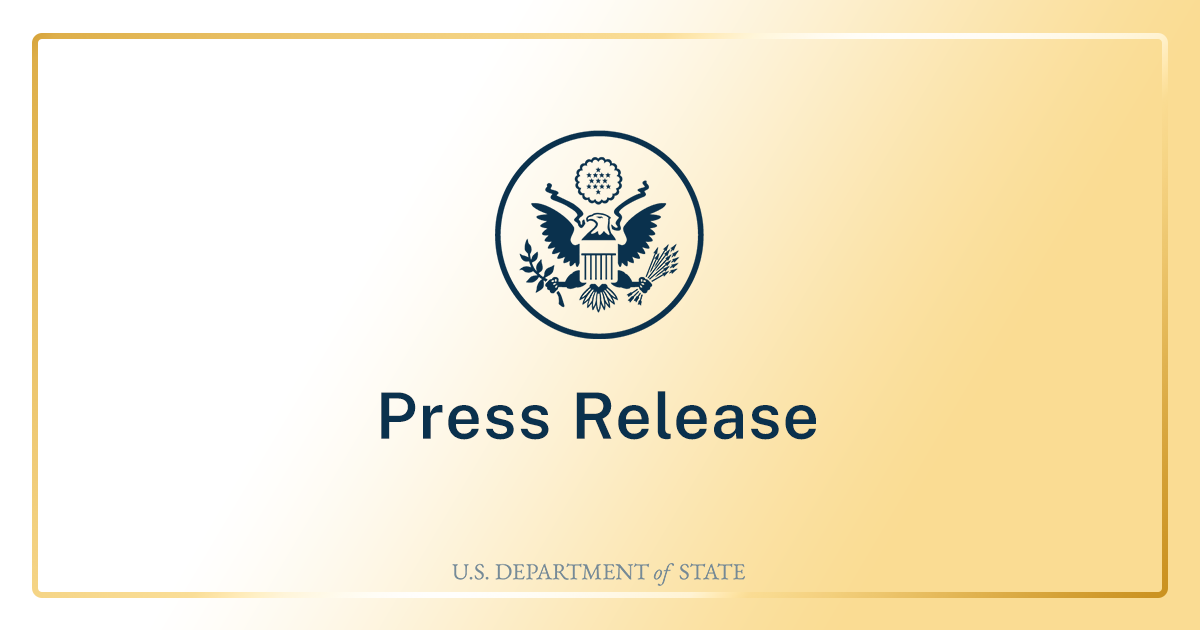BRUSSELS — European Union negotiators reached an agreement Friday on the European Media Freedom Act, the bloc’s new set of rules aimed at safeguarding the independence of newsrooms and fostering media pluralism.
The new law will introduce requirements for media to provide transparency over ownership and funding and it will force national governments to set up an oversight system that guarantees editorial freedom, including for public media. It also requires checks on mergers and sets up a new European watchdog to oversee it all.
Negotiators of the European Parliament, the EU Council representing national governments, and the European Commission on Friday cleared the last hurdle: an agreement on provisions in the law limiting how governments conduct operations on journalists using spyware and other methods to identify and access their sources.
The European Commission originally introduced an exemption for the investigation of certain crimes like terrorism and human trafficking, EU capitals, led by France, pushed for a bigger carve-out in the name of national security, while lawmakers advocated for stronger safeguards.
Negotiators settled on new language saying the article should “respect” the countries’ responsibilities, as laid down in the treaties.
The media freedom proposal was presented by the Commission in September 2022 in a bid to counter media concentration and limits on editorial independence in parts of the EU. It has met a lot of resistance from national governments that feared the law would hurt their powers to oversee the media sector.




